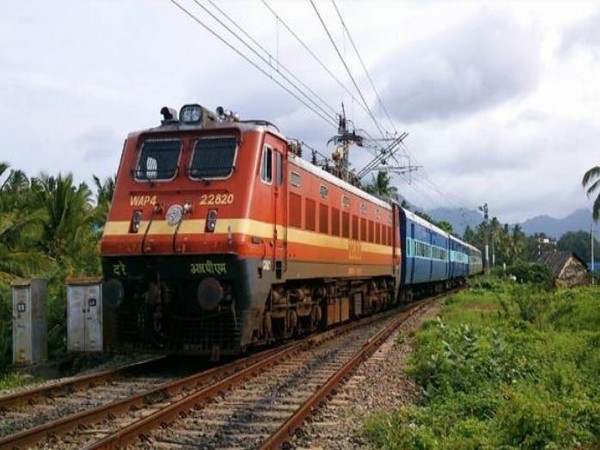The Cabinet Committee on Economic Affairs (CCEA) has approved a major railway project to construct a 309 km long rail line connecting Indore and Manmad. With an estimated budget of Rs. 18,036 crore, this project will significantly enhance connectivity between Indore and Mumbai, improving mobility and service reliability within the Indian Railways network.
This new rail line, set to pass through six districts in Maharashtra and Madhya Pradesh, will also involve the construction of 30 new stations, notably improving access to the Aspirational District of Barwani. The project is expected to benefit approximately 1,000 villages, reaching a population of around 30 lakh.
As a key element of the PM-Gati Shakti National Master Plan for multi-modal connectivity, this rail line is designed to support seamless movement of people, goods, and services. The project is also expected to boost tourism by providing a shorter route between the western and southwestern regions of the country and Central India, potentially increasing tourist visits to prominent sites in the Ujjain-Indore region, including the Sri Mahakaleshwar Jyotirlinga Temple.
The project will directly connect the Pithampur Auto Cluster, which houses 90 large units and 700 small and medium industries, to the Jawaharlal Nehru Port Authority (JNPA) and other state ports. This connectivity will facilitate the transportation of agricultural products, particularly millet from Madhya Pradesh and onions from Maharashtra, to markets across the country. The new rail line is expected to handle an additional freight traffic of approximately 26 million tonnes per annum (MTPA).
In line with India’s climate goals, the project supports environmentally friendly transportation by reducing logistics costs, lowering oil imports by 18 crore litres, and cutting CO2 emissions by 138 crore kg—the equivalent of planting 5.5 crore trees.
In another move, the Union Cabinet has sanctioned seven schemes aimed at transforming the agricultural sector, with a combined financial commitment of Rs. 14,235.30 crore. These initiatives are designed to enhance farmers’ livelihoods, improve agricultural productivity, and ensure sustainable development.
One of the key initiatives is the Digital Agriculture Mission, with an allocation of Rs. 2,817 crore. This mission will deploy advanced technologies in agriculture through two main pillars: Agri Stack, which includes a comprehensive database of registered farmers, village land maps, and crop sown registries; and the Krishi Decision Support System, which leverages geospatial data, drought and flood monitoring, and weather forecasts to support better farm management.
Another initiative focuses on crop science, with a budget of Rs. 3,979 crore. This scheme aims to prepare farmers for climate resilience and ensure food security by 2047 through advanced research, plant genetic resource management, and the improvement of food and fodder crops.
The government has also allocated Rs. 2,291 crore to strengthen agricultural education and research. This scheme aims to modernize agricultural research and education, incorporating the latest technologies like AI, Big Data, and remote sensing, and emphasizing natural farming and climate resilience.
To boost income from livestock and dairy, Rs. 1,702 crore has been set aside for sustainable livestock health and production. This initiative focuses on enhancing animal health management, improving dairy production technologies, and advancing animal genetic resource management.
A further Rs. 1,129.30 crore has been allocated to the sustainable development of horticulture, promoting the cultivation of a variety of horticultural crops, including tropical, sub-tropical, temperate, and arid crops, as well as vegetables, floriculture, and medicinal plants.
The government will also strengthen the Krishi Vigyan Kendras (KVKs) with an outlay of Rs. 1,202 crore, ensuring the dissemination of agricultural knowledge and innovations to farmers.
Lastly, Rs. 1,115 crore has been earmarked for natural resource management to support sustainable agricultural productivity.




















